Warning
The following may contains spoilers for The Witcher Season 3!
Adapting a beloved book, or series of books, into a TV show is hard, and adapting a beloved gaming franchise into a TV show is even harder. Netflix’s The Witcher had the difficult task of doing both. Three seasons of the show have been released (alongside a prequel and an anime spin-off) to mixed reviews and opinions. Many who have never read or played previous Witcher stories seem to have liked the show overall. The fantasy epic staring Henry Cavill as ‘Geralt of Rivia’ does provide some excellent action scenes, interesting characters, and a dark fantasy setting, which many viewers have taken to well. However, to fans of author Andrzej Sapkowski’s original 8 books (including Season of Storms), the show not only makes large changes from the source material, it actively hates it.
Back in October 2022, former producer and writer on The Witcher, Beau DeMayo, spoke about his experience working on the show, during which, he confessed that some of the show’s writer’s actively disliked the source material. As per The Direct:
“I’ve been on shows – namely Witcher – where some of the writers were not or actively disliked the books and games (even actively mocking the source material). It’s a recipe for disaster and bad morale. Fandom as a litmus test checks egos, and makes all the long nights worth it. You have to respect the work before you’re allowed to add to its legacy.”
Whether the claim holds any truth or not, as The Witcher‘s showrunner Lauren S. Hissrich publicly denies its merit, the allegation does correlate with The Witcher‘s questionable writing – by far the show’s biggest problem. Even with the admittedly great performances from the large majority of the cast, all three seasons of The Witcher suffer from shallow, occasionally cringe inducing dialogue that is far too reductionist in its translation of the themes found in Sapkowski’s novels.
When adapting any medium into a film or a TV show, there are two key factors that need to be considered: the formatting changes required for the transference of mediums, and deciding what to do with the original product’s underwhelming elements. The first is a method that Hollywood has been perfecting for decades. Sapkowski’s novels are known, and loved, for their dialogue heavy take on the fantasy genre, putting his morally ambiguous character’s schemes and existentialism at the forefront. Due to the extensive use of dialogue, a direct adaptation from book to screen simply wouldn’t work, as dialogue focused scenes would result in being 20-minutes long for each scene, with each book easily needing 15-18 episodes to properly adapt. This isn’t a mark against Sapkowski’s writing style, instead it highlights the differences between the mediums, primarily the leeway each is given towards different narrative elements – with novels being allowed to use considerable levels of dialogue, whilst mediums like TV and cinema rely more on their visual presence. As a result, regardless of how flawless an original work is, there will almost always be a process of cutting and re-arranging when one medium is adapted into another.
One thing HBO’s The Last of Us perfected was understanding which elements of the source material should remain untouched, and which need editing. Episode 3, titled “Long, Long Time,” is the prime example of this, turning an underwhelming character from the original video game into the focus of a 75-minute long short-film. This change was welcomed by fans and critics as it actively improved on an otherwise forgettable character from the game. This is The Witcher‘s biggest problem, not knowing what needs changing.
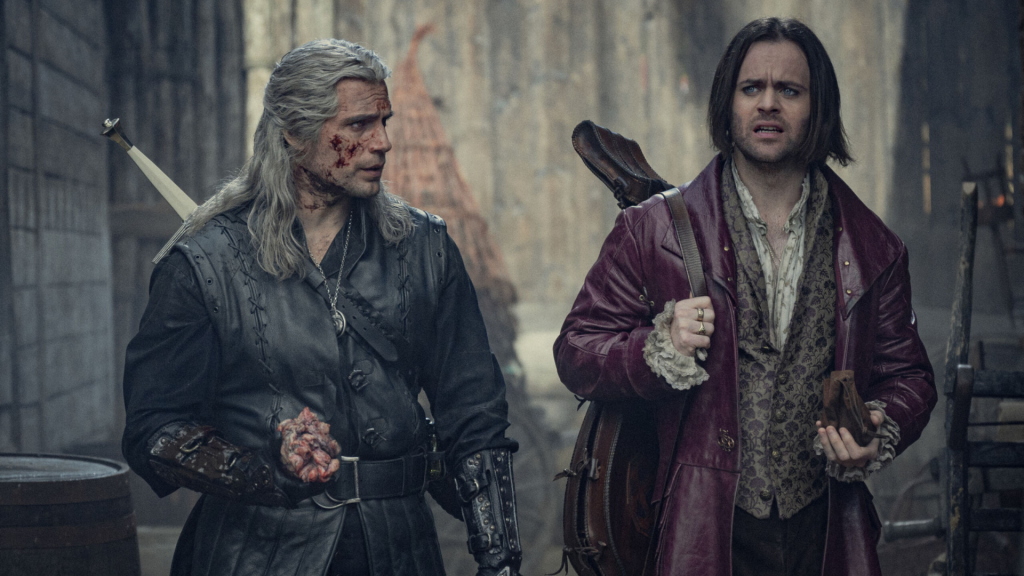
Netflix’s The Witcher has changed fundamental aspects of Sapkowski’s novels, some in the name of attempted improvement, and others for unknown reasons. The internet is filled with dozens of lists and rants about the negative changes, however, there are some that a few fans consider improvements, or at least acknowledge why Netflix altered those elements. The glaring example is Yennefer’s backstory in Season 1. In the books, Yennefer’s backstory is never shown, instead it is only teased through the occasional line of dialogue and larger worldbuilding. In Netflix’s adaptation, Yennefer’s origins are explicitly detailed in character focused scenes, interspersing Geralt and Ciri’s respective stories across the first 8 episodes. Although fans are not in unanimous agreement about the necessity of Yennefer’s overt backstory, some did appreciate it, feeling it fleshed out the character found in the books.
However, as the seasons have gone on, Netflix’s narrative alterations to the source material have only increased, with each leaving fans feeling more confused. Seasons 2 and 3 have not only edited pre-existing elements of the original stories, they have created entirely new sub-plots for the show including an arc where Yennefer loses her powers and has to sacrifice Ciri to get them back, and the reveal that the wizard Stregobor has been conducting immoral experiments on teenage girls, resulting in Cronenberg-esque body horror. The internet is quick to hate changes like these, simply stating that “Netflix has ruined The Witcher” without diving deeper into a critical explanation of why these changes don’t work.
One of the glaring problems with these major changes is that they detract from the show’s primary themes and narrative. At its core, The Witcher can be described as a story about found-family, set against the backdrop of a brutal, medieval-style fantasy landscape. In the books, the plot revolves around Ciri’s struggle for independence against the warring states that each want to use and control her for her title or her powers, Yennefer’s desperation to grasp on to any semblance of control she has in her life, primarily as a maternal figure to Ciri after her fertility was taken in exchange for her sorceress’ abilities, and Geralt’s desperate hunt for Ciri as he learns to accept outside forces like Destiny. Changes like those outlined previously serve none of these themes and character-arcs, and in some cases, they actively work against them. Yennefer’s sub-plot involving the loss of her powers sees her openly willing to sacrifice Ciri to see her powers returned, it is only when Geralt steps in that Yennefer reverts back to Ciri’s maternal figure.
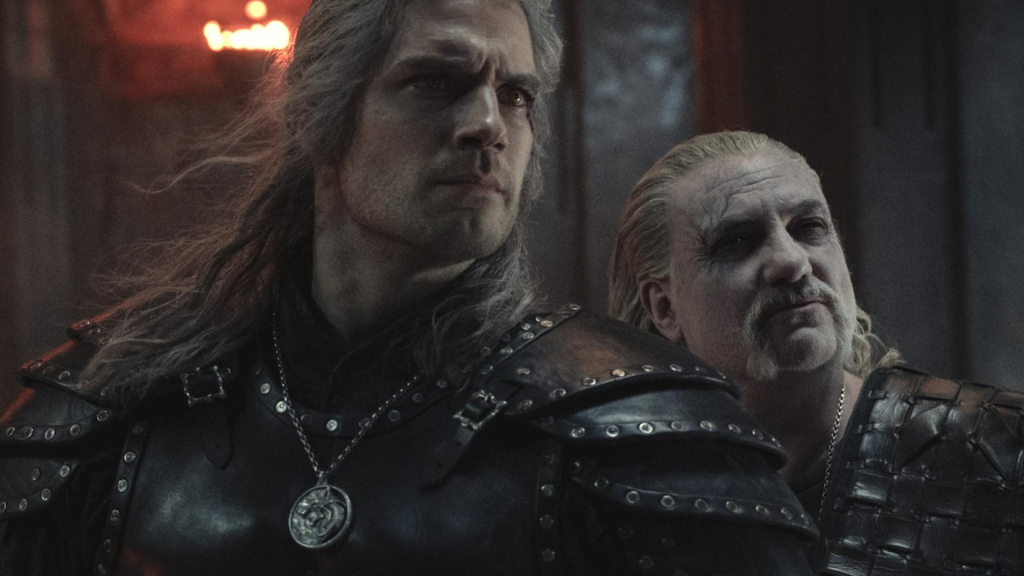
The other outlying problem with these changes is that, in the large majority of cases, they aren’t well-written plots. The exploration of the show’s key thematic elements within these sub-plots feels weak, as shallow dialogue fails to impart any narrative depth on these new stories. As a result, they feel forced. At most, these new scenes add a few extra moments of action into what is, by most accounts, a character driven story.
Finally, the consequences and fallout of these new sub-plots are what have ired the large majority of fans. Season 2 took viewers to Kaer Morhen, the home of the Witchers of the Wolf School, and included fan-favourites like Eskel, Lambert, and Vesemir. In the books, especially in Blood of Elves, which Season 2 began to adapt, Kaer Morhen plays a very small part in the story as Geralt and Triss stay there whilst Geralt teaches Ciri to use a sword. The chapter long sequence is used to convey the growing bond between Ciri and Geralt before they set off to find Yennefer. Netflix’s adaptation of this chapter spreads it across multiple episodes, as Geralt and Vesemir have to contend with an ancient Leshen (a forest creature) that has attacked, poisoned, and transformed the bodies of some of the other Witchers. Among the nameless casualties is Eskel, who succumbs to his wounds by the end of the Season. While Netflix and Hissrich used Eskel’s death to “propel Geralt’s story forward,” it left fans shaken and disappointed as a long-surviving fan-favourite character would never be seen again on the show.
While failed adaptations are always a disappointment for fans, they should never detract from the legacy of the original materials, and Andrzej Sapkowski’s work will always be considered one of the titans of the fantasy genre.


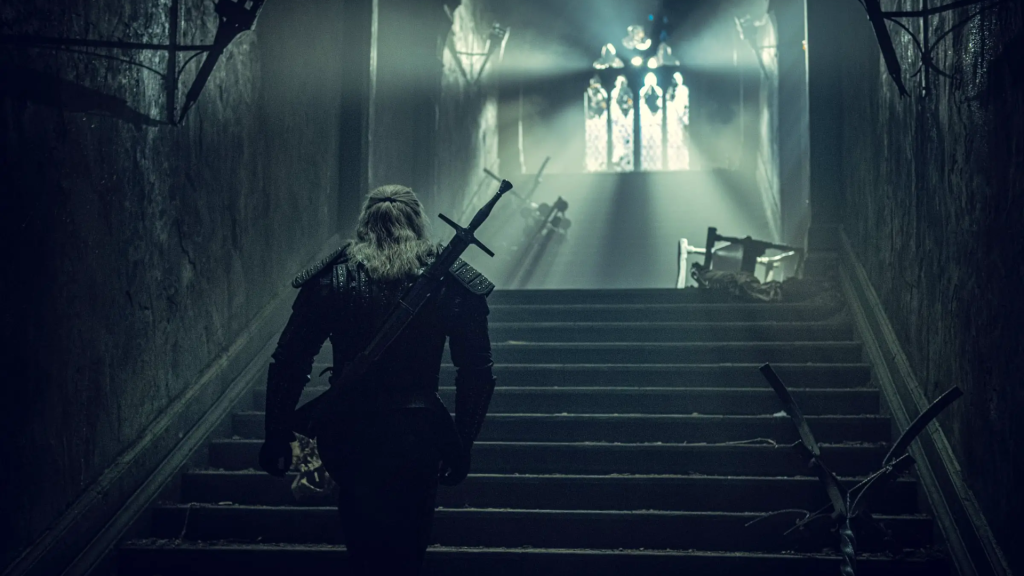
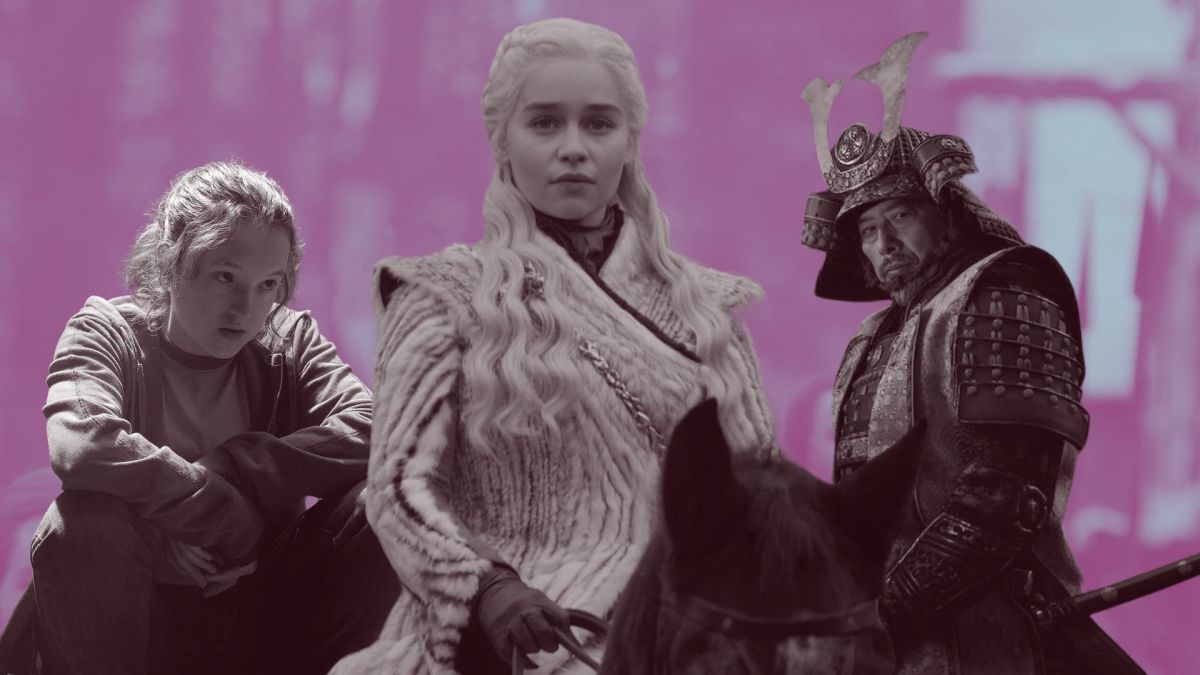
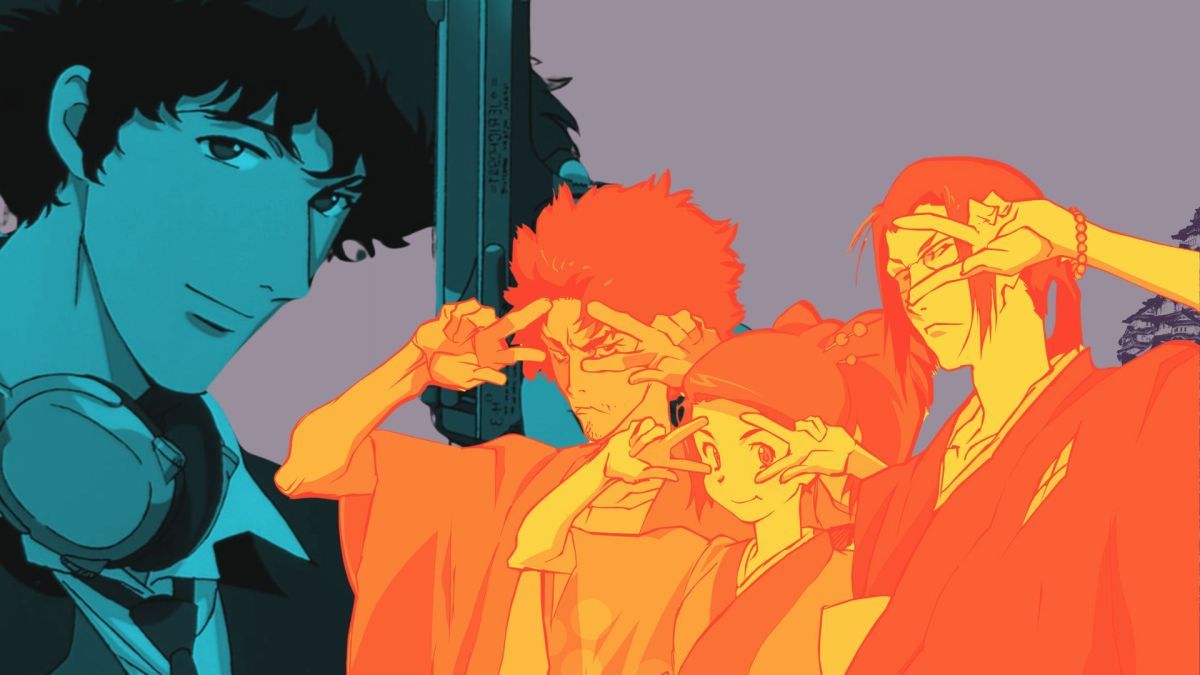
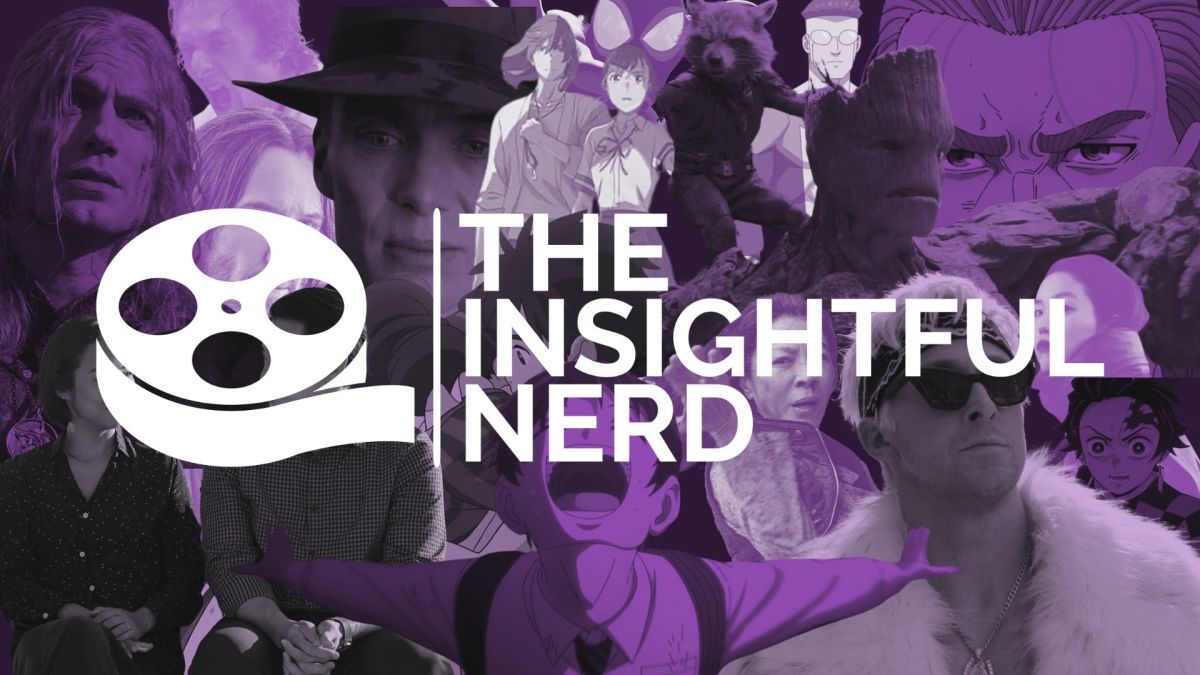
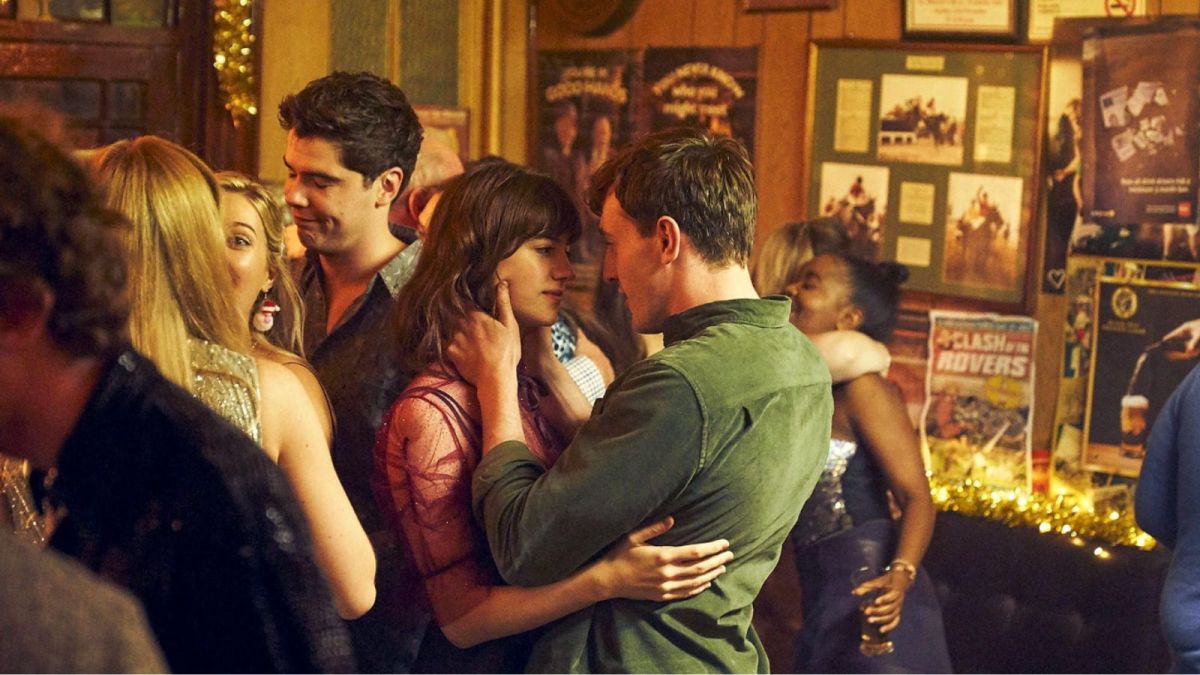
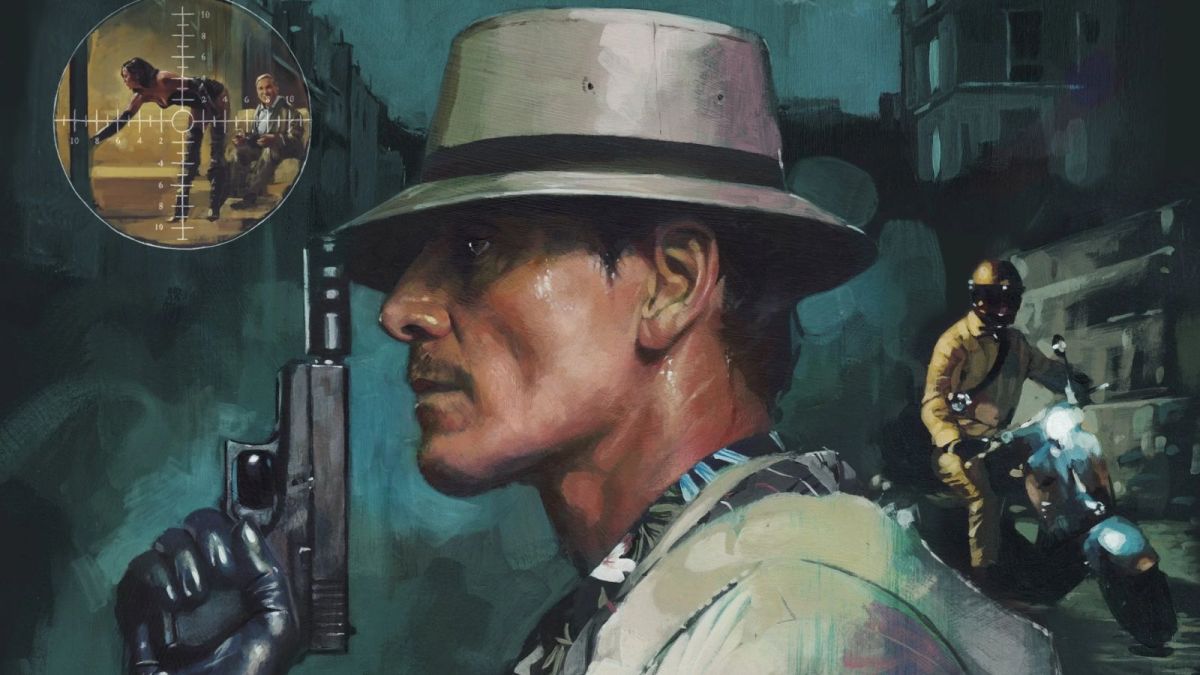
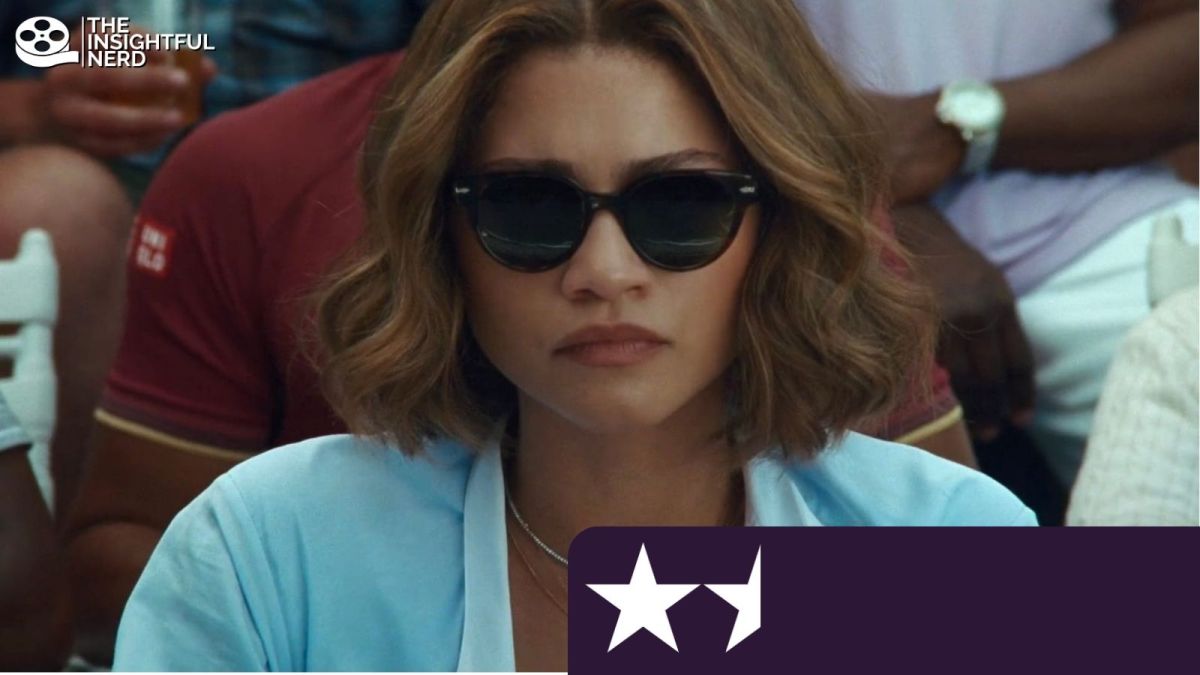
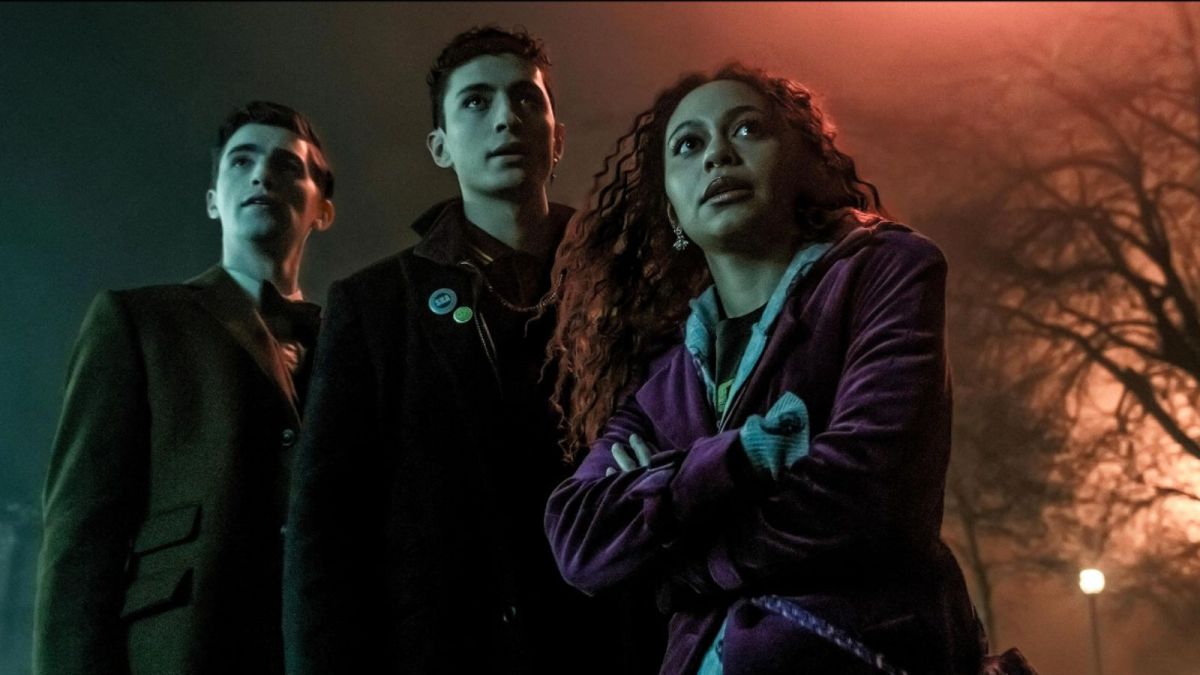
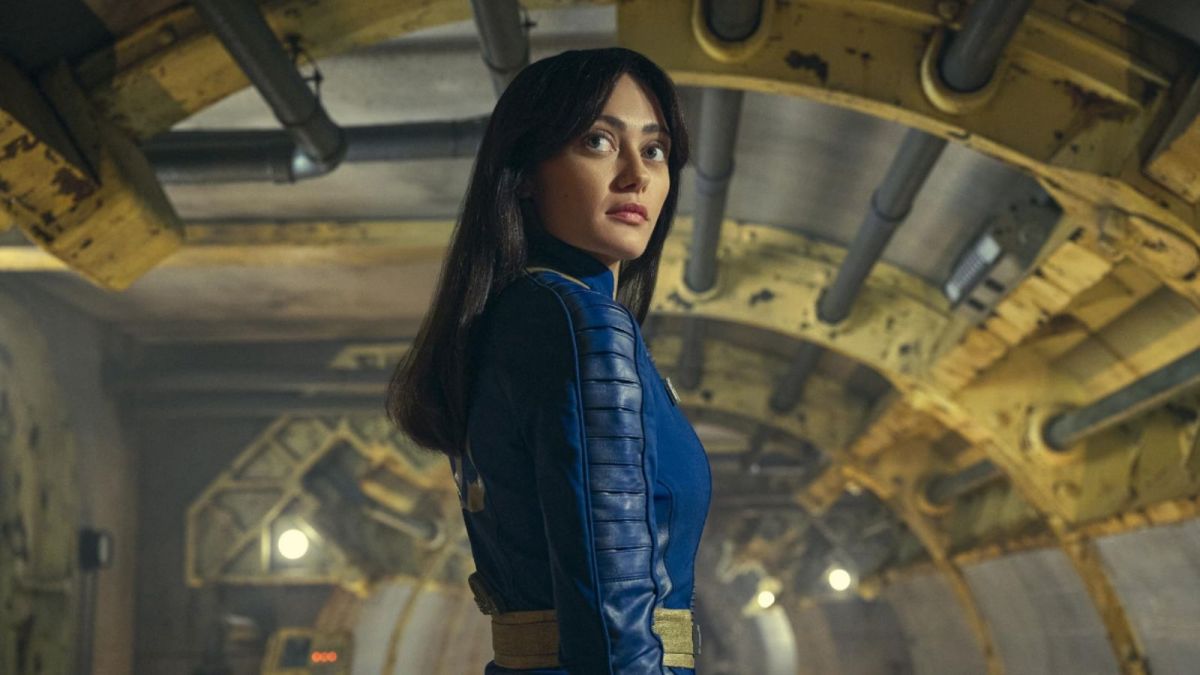
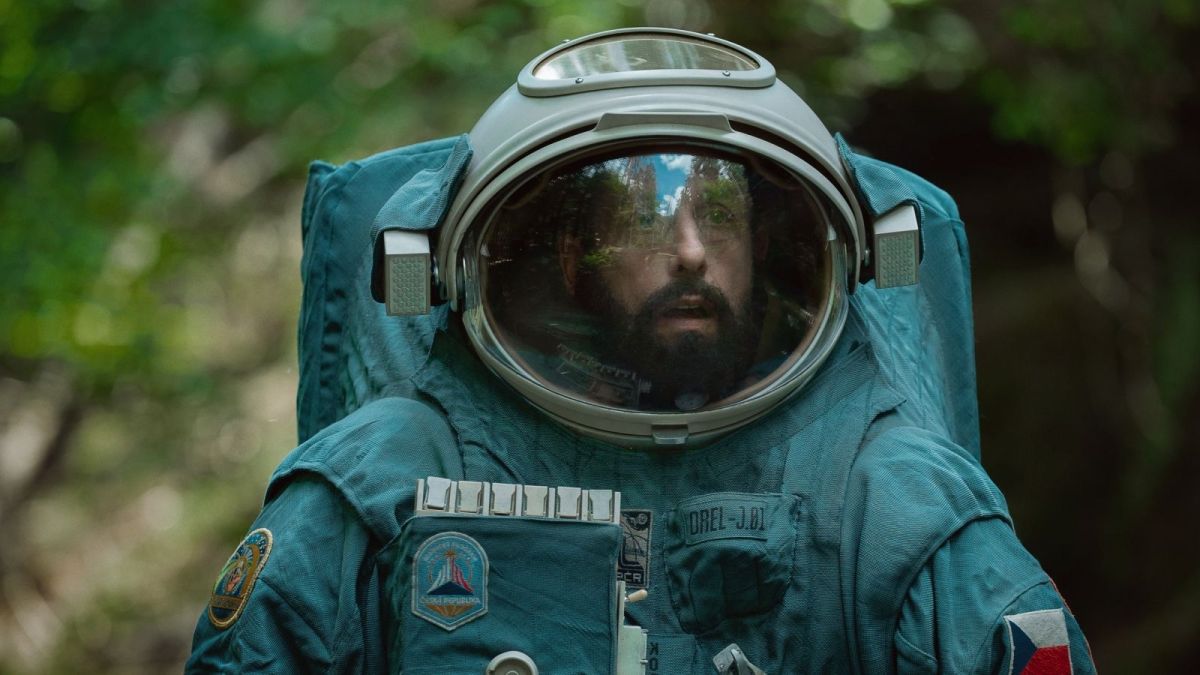
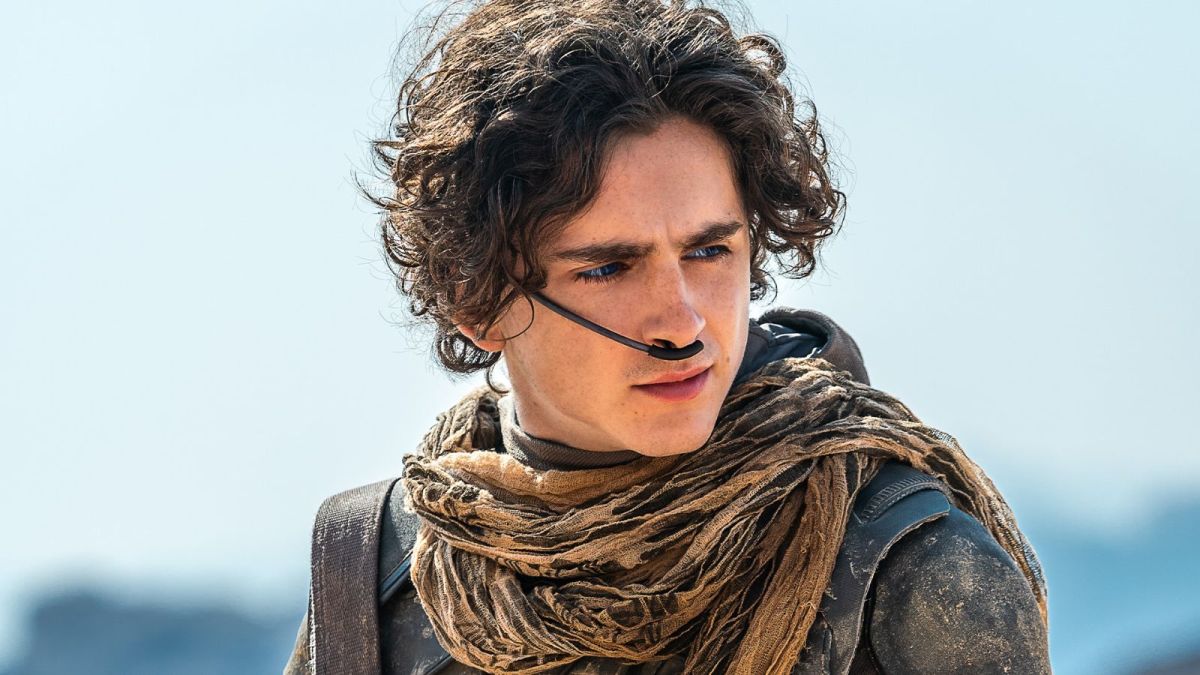
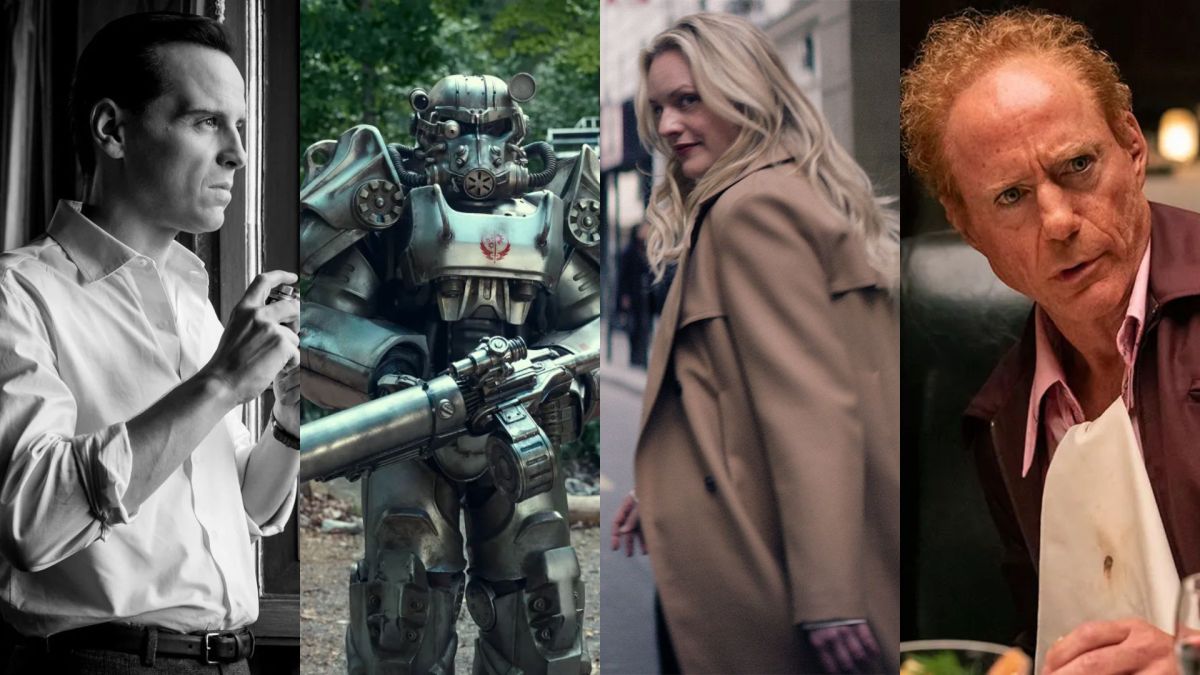
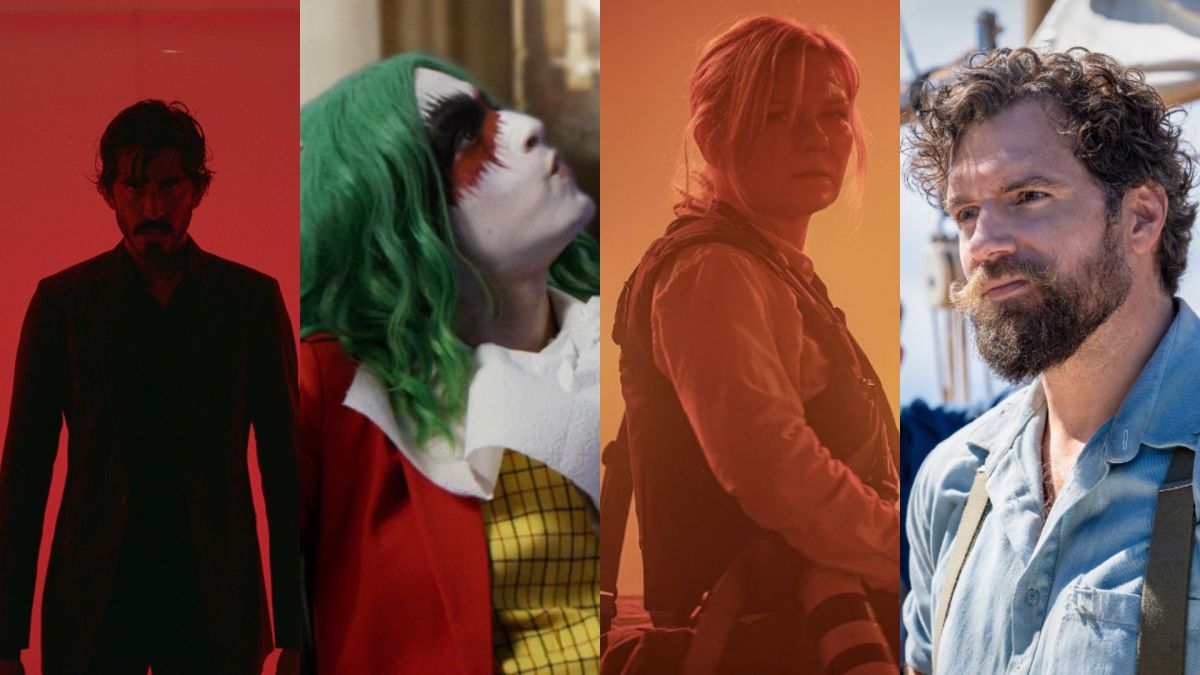
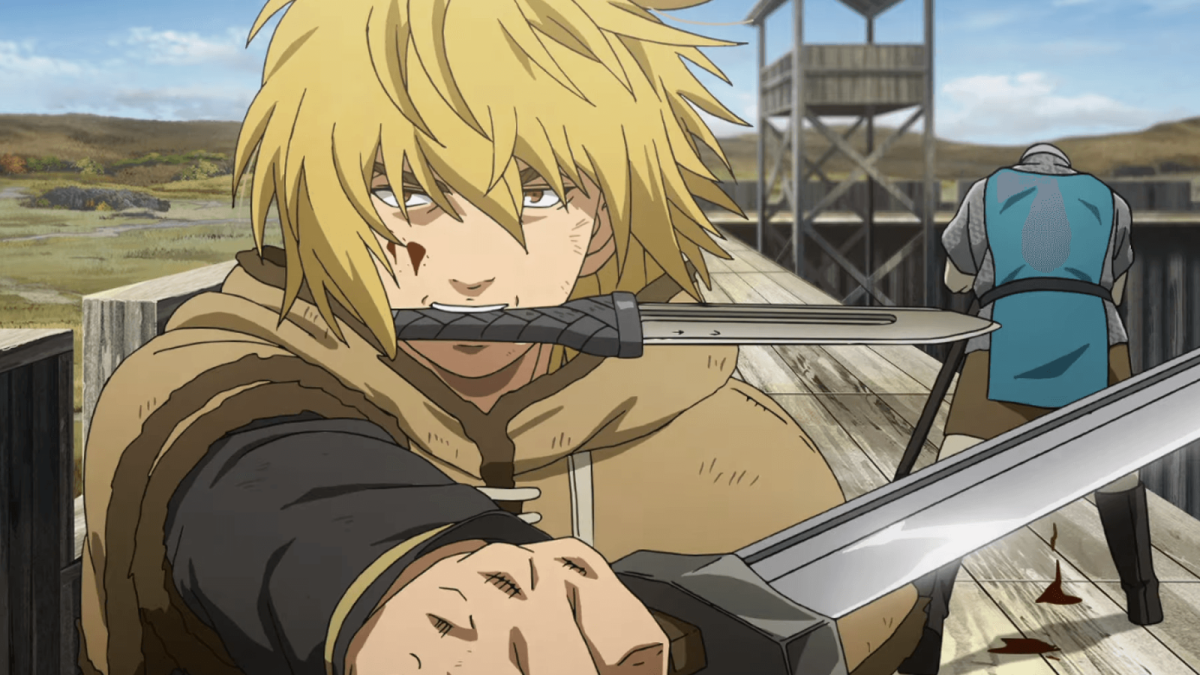
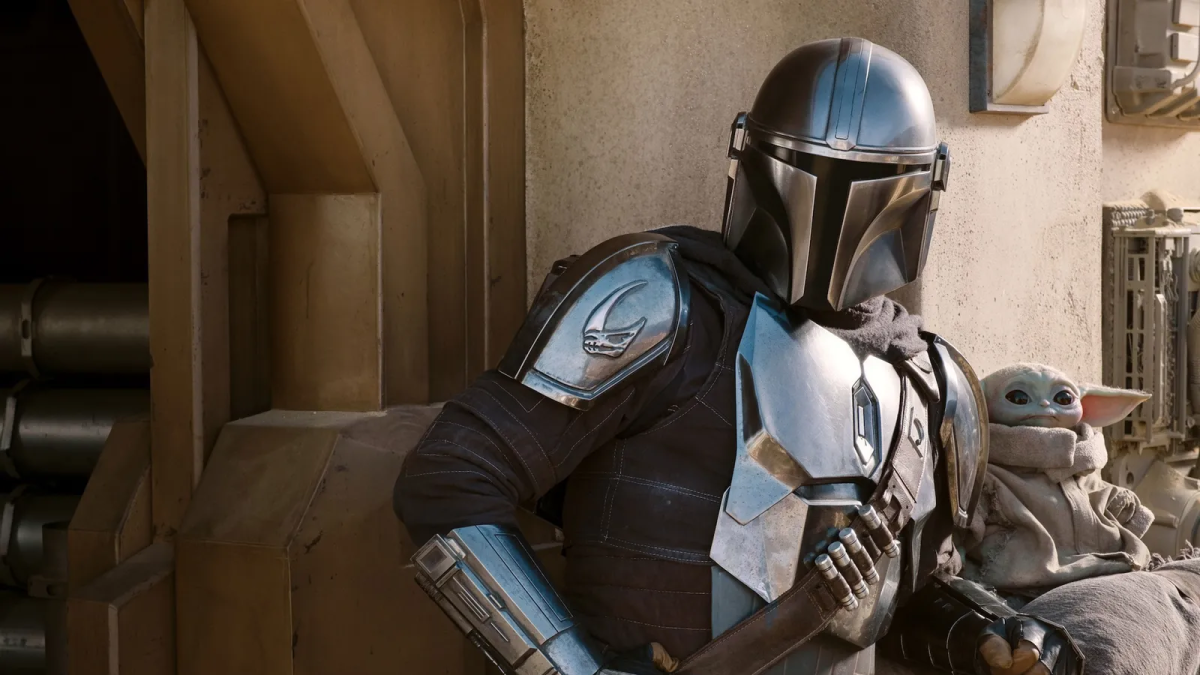
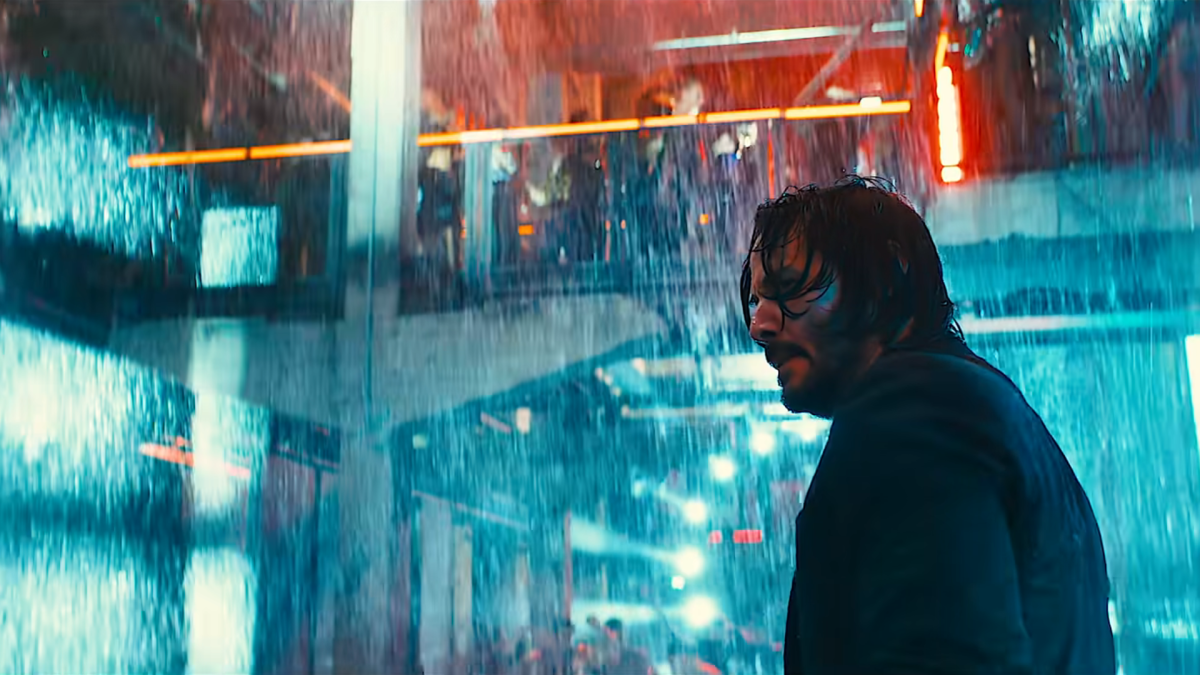
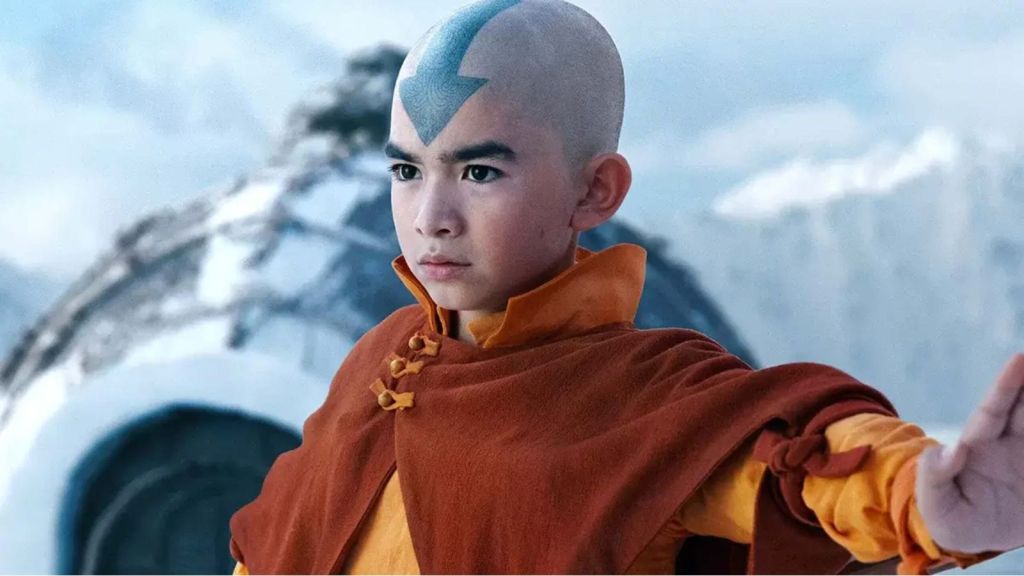
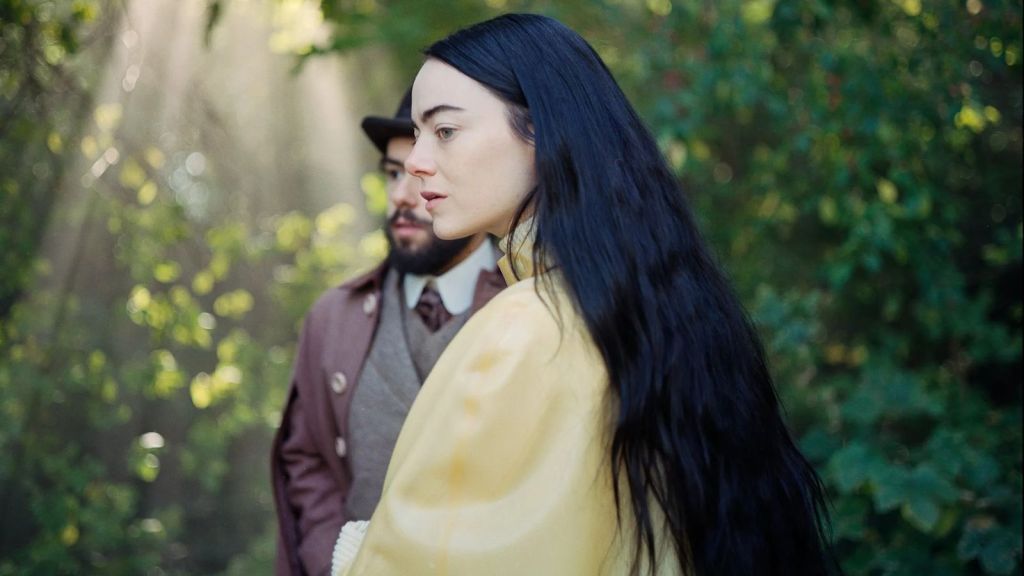
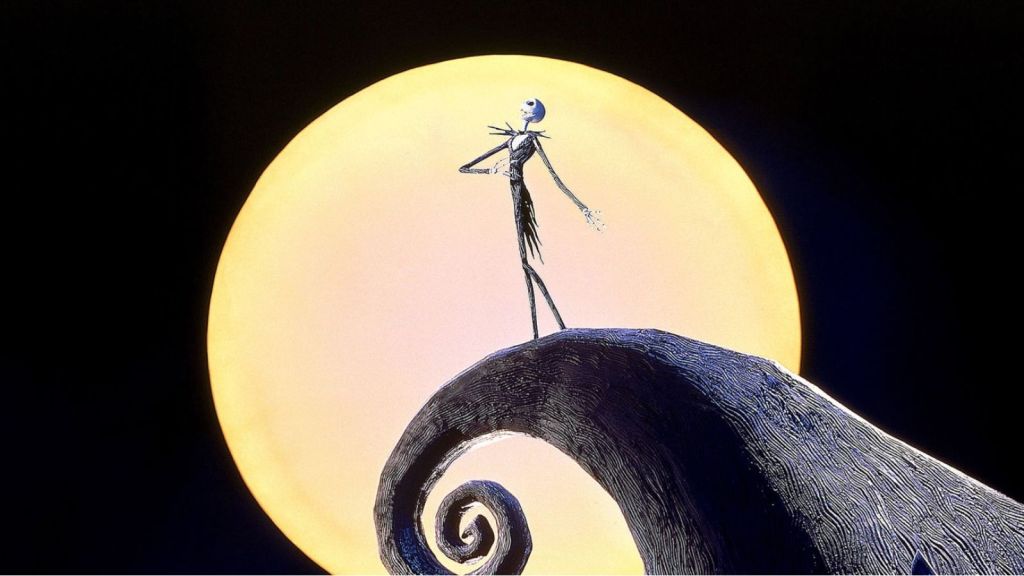
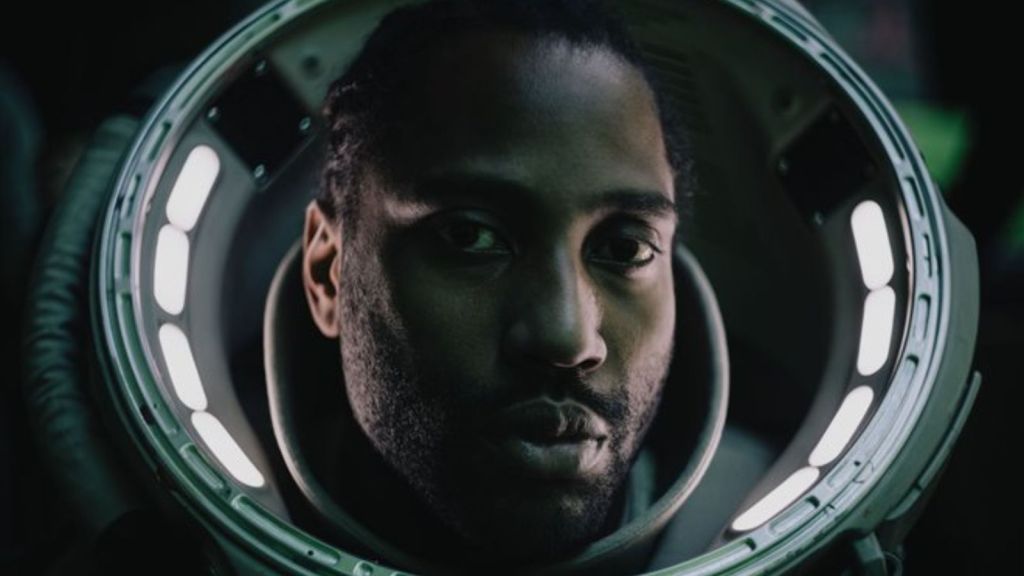
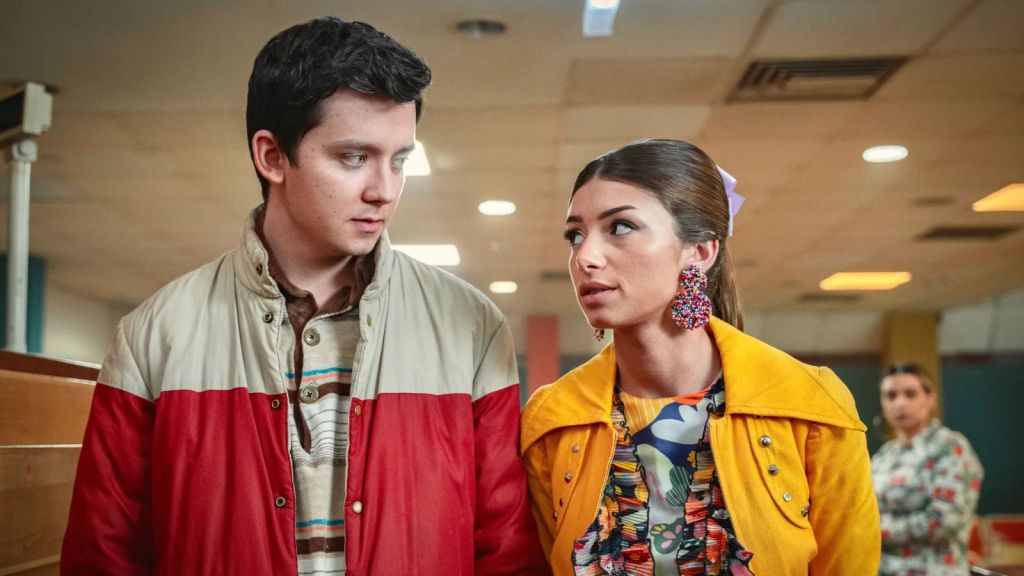
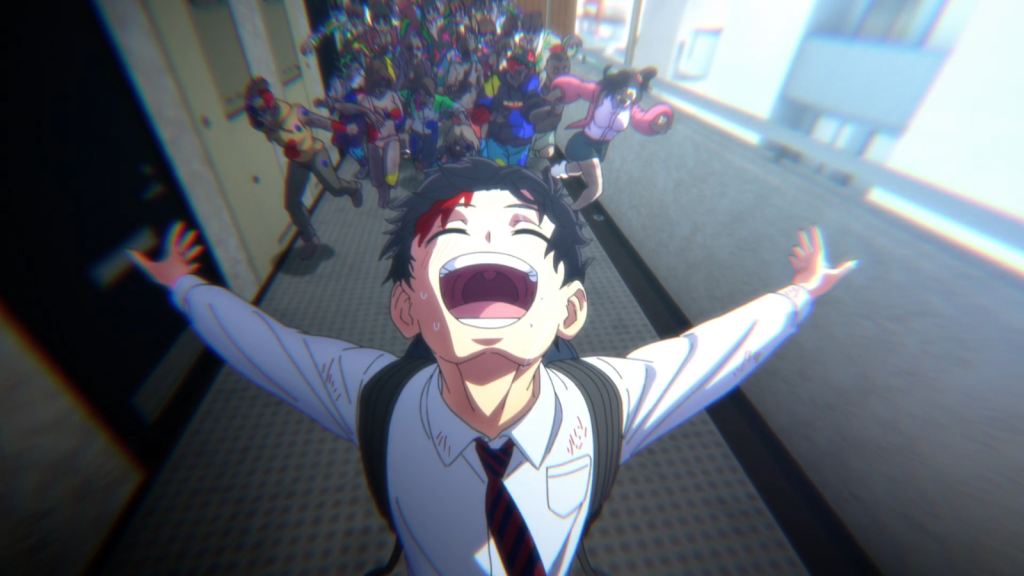
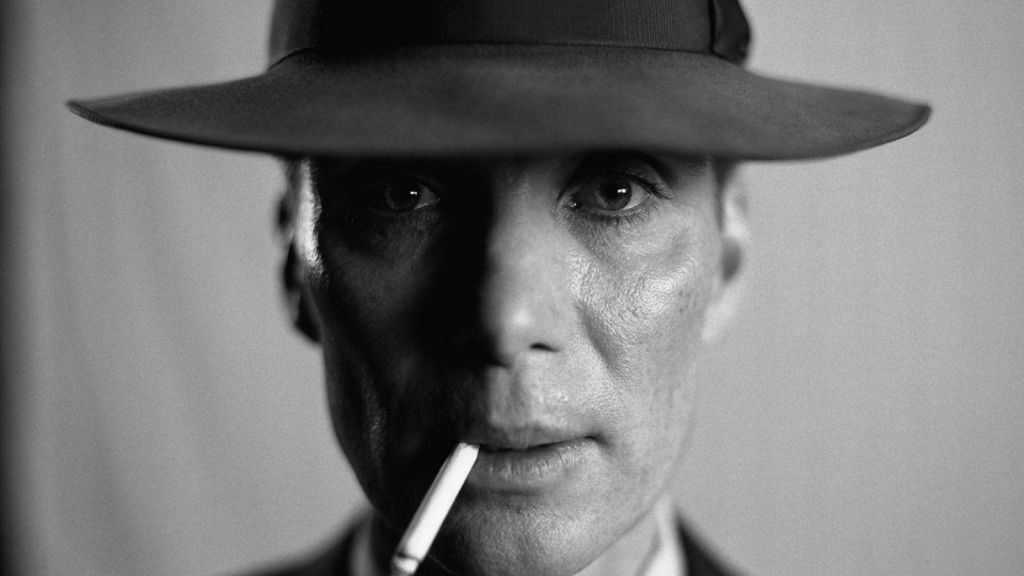
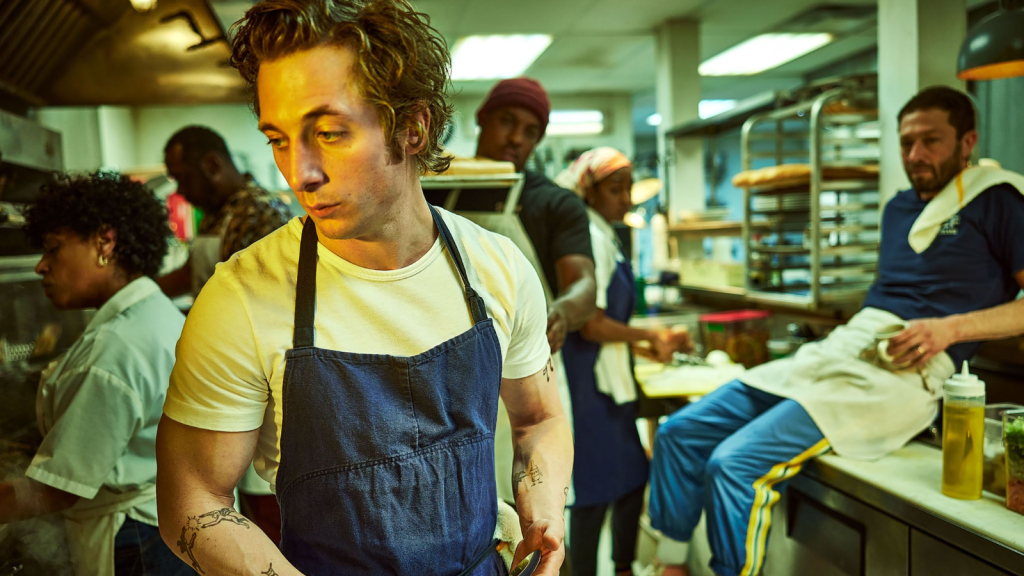
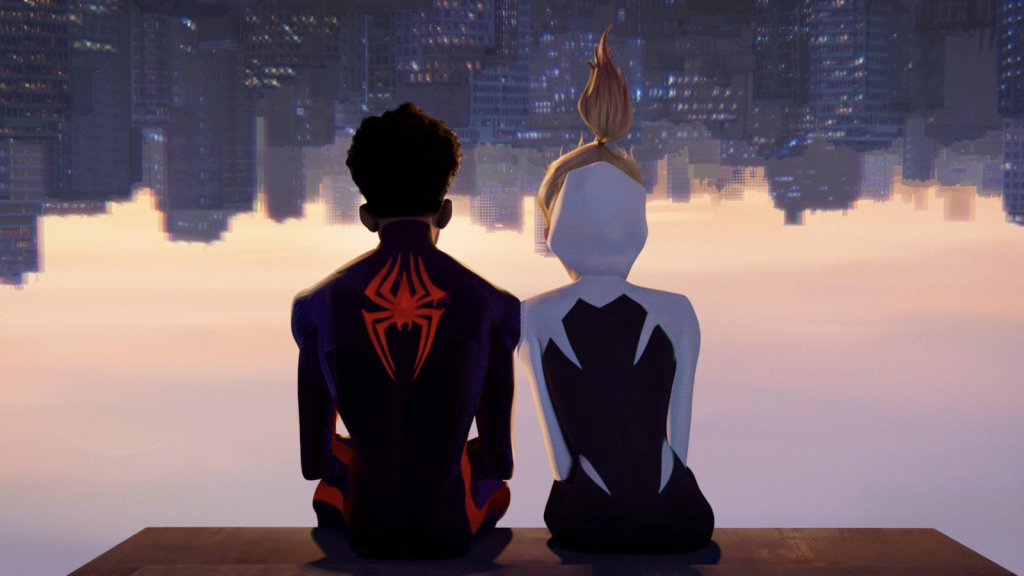
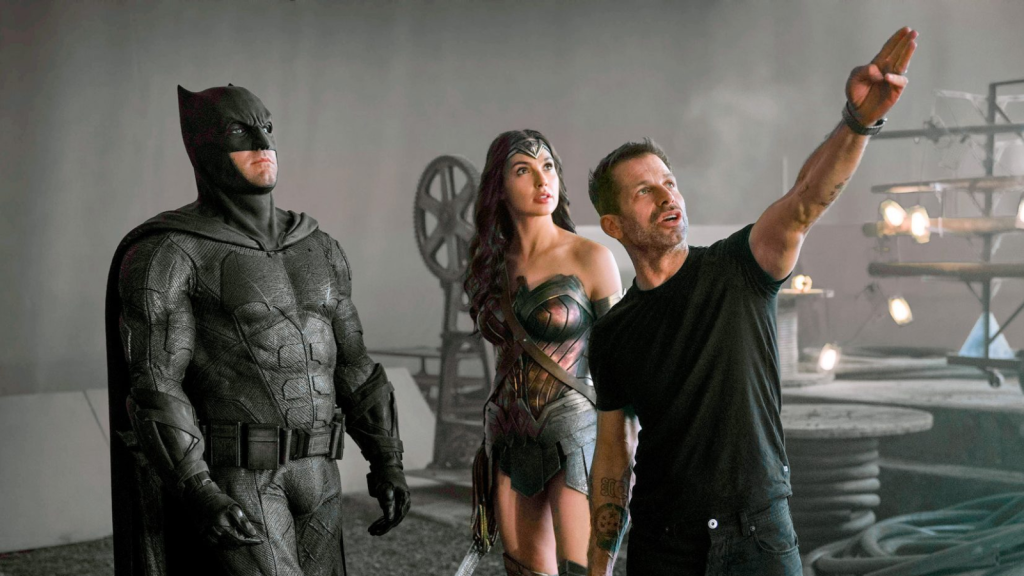
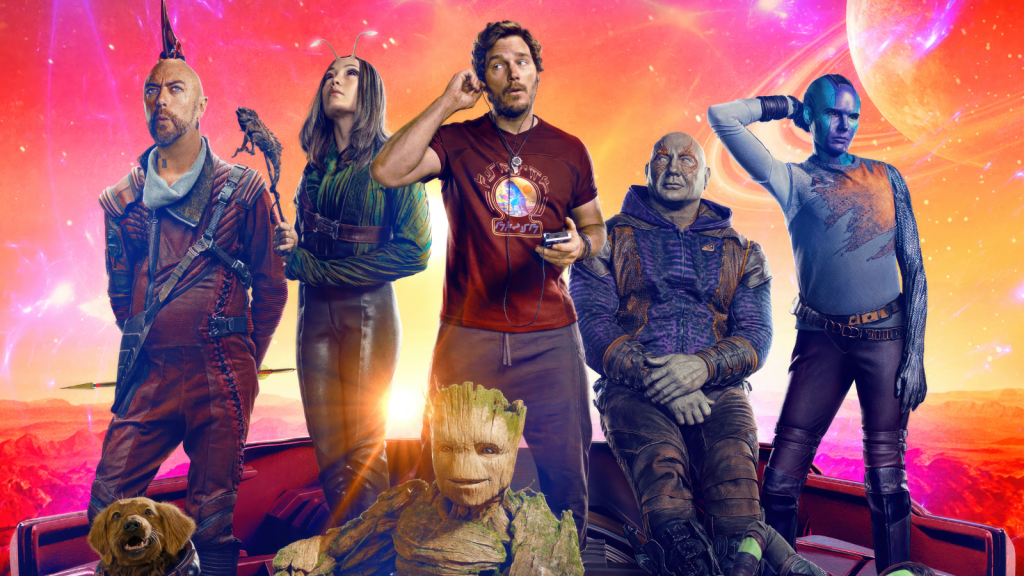
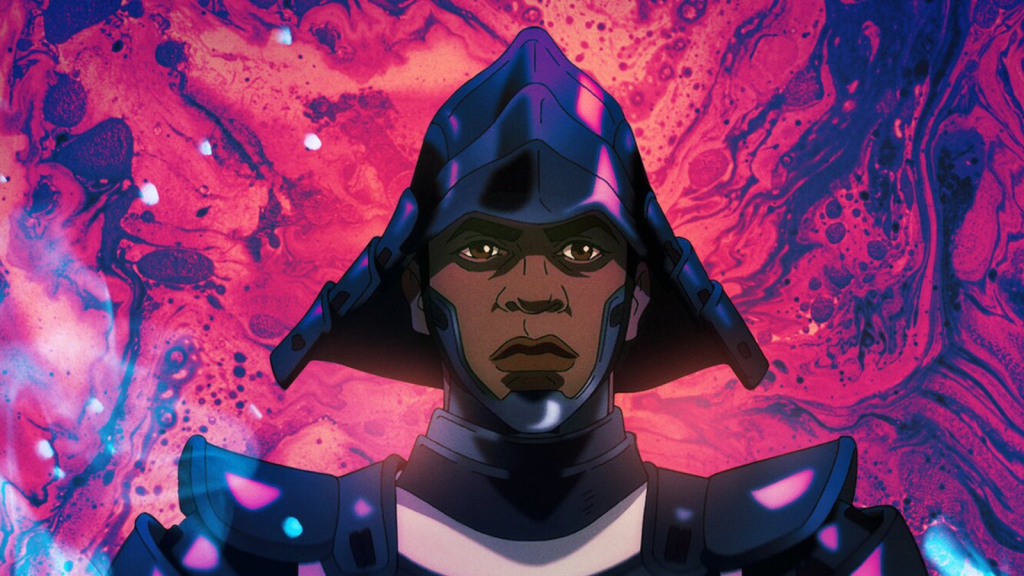
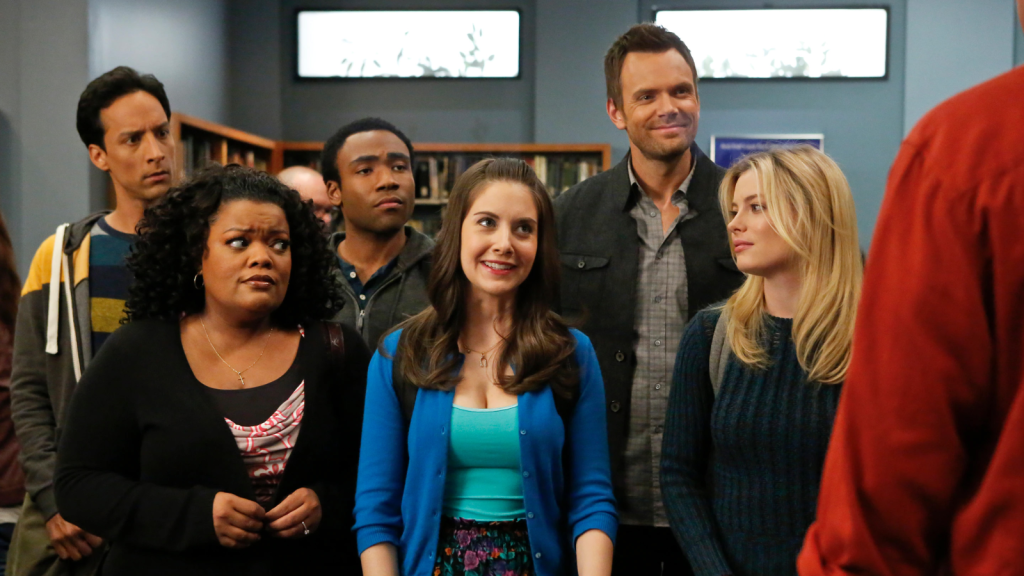
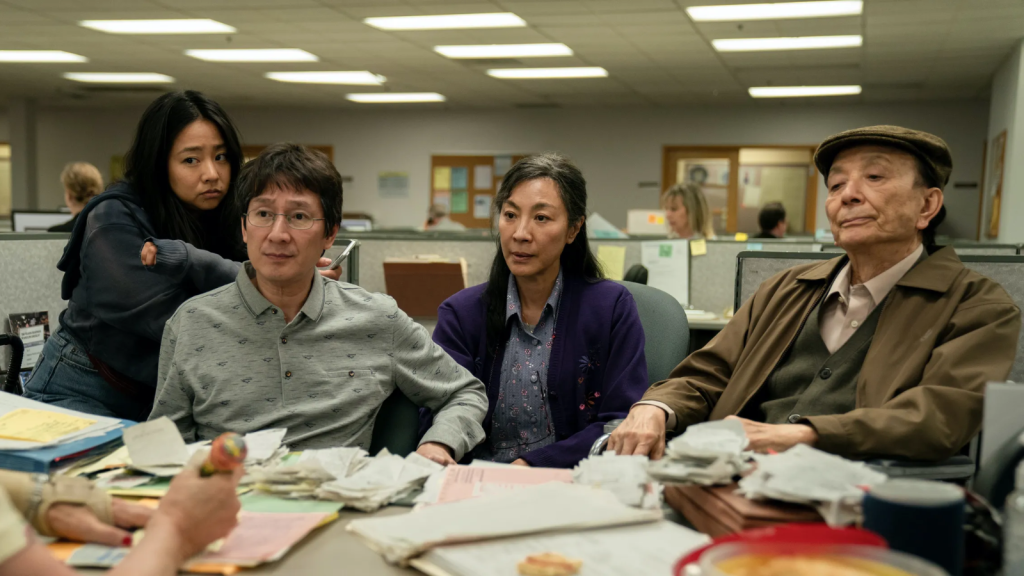
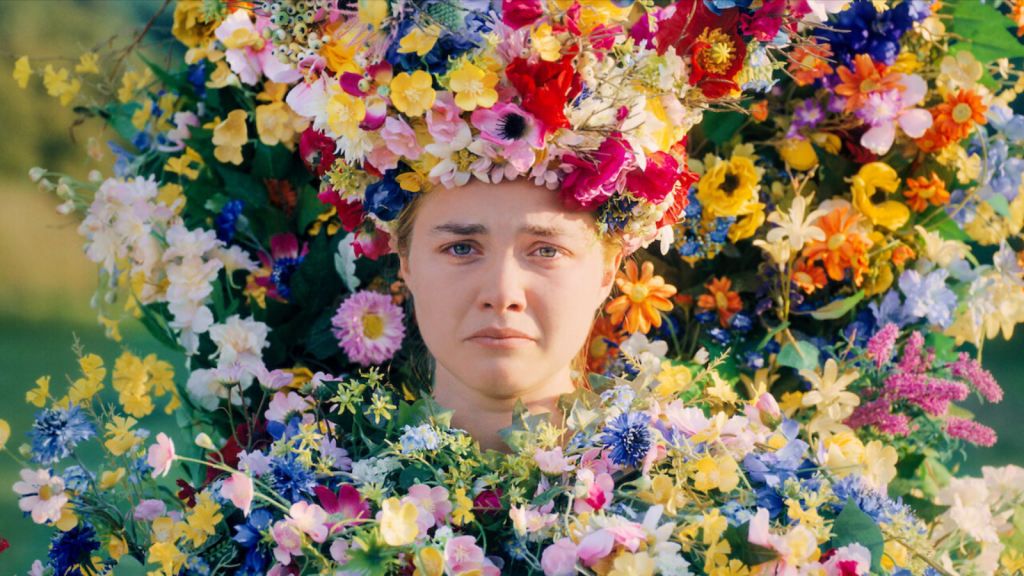
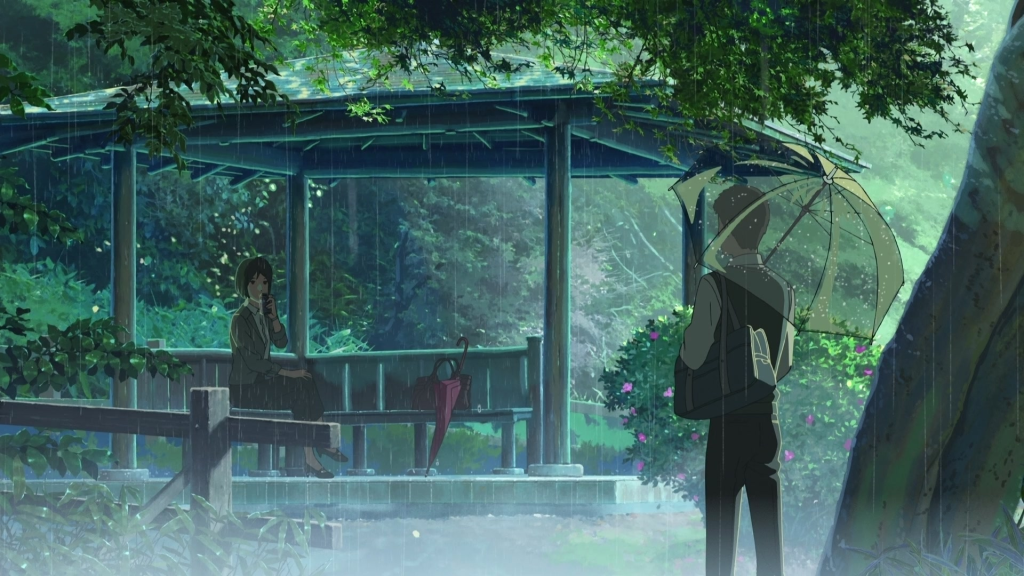

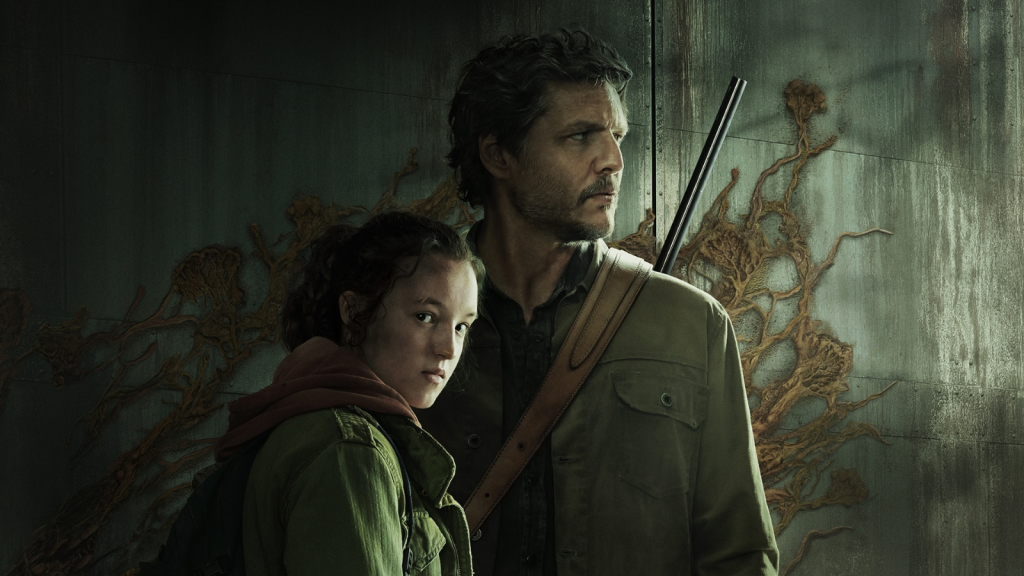
Leave a comment